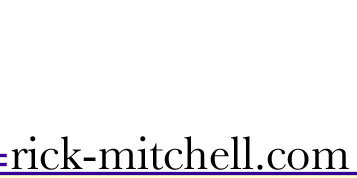France to Stiffen Rules on Veterinary Anesthetics in Bid to Prevent Abuse
By Rick Mitchell
[Paris] French health authorities announced in September that they planned to stiffen an existing regulation for the veterinary anesthetic Ketamine, to include Tiletamine, a similar drug, and to improve security in response to a recent rash of thefts and abuse.
“These measures have been taken in order to make professionals aware of the necessity of closely watching over these medications and to try to limit their improper use,” the AFSSA, the food-safety watchdog, and the AFSSAPS, the French agency for health-product safety, said in a joint letter to veterinary and other medical professionals.
Ketamine is related to phencyclidines -- known more commonly as PCP or Angel Dust -- in its chemical structure and its anesthetic, analgesic and psychedelic effects. Used in field hospitals during the Vietnam war, Ketamine has proved a popular trance drug at rave-parties and clubs. This has made it an attractive target for thieves, with French authorities reporting a dozen or so thefts in the past year from veterinary hospitals and clinics, sometimes in large quantities. Emergency-rooms and paramedic crews reported treating several overdoses.
The government classified Ketamine as a narcotic on August 8, 1997, and recently did the same for Tiletamine, a new arrival with close chemical characteristics and psychological effects.
The modified regulations – which take effect after publication in the Official Journal of France -- require veterinary and other medical establishments to store the substances under lock and key. In addition, the declaration of thefts and misuse of Tiletamine becomes obligatory, as it has been for Ketamine since last year.
Thefts must be reported to police, regional pharmaceutical inspection authorities and the AFSSAPS by signed letter mentioning date and place of theft, name of medication, quantity stolen, the joint statement said.
According to the (U.S.) National Institute on Drug Abuse (NIDA), Ketamine has been approved for medical use in both human and animals since 1970, but about 90 percent is used in veterinary settings. Known among ravers as "Special K" or "vitamin K," it can be injected or snorted, and can cause dream-like states and hallucinations. At high doses, Ketamine can cause delirium, amnesia, impaired motor function, high blood pressure, depression, and potentially fatal respiratory problems.

